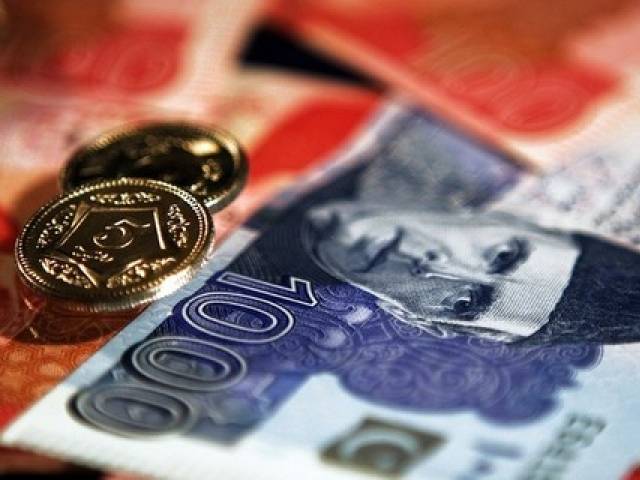ISLAMABAD — Pakistan has emerged as the most improved emerging market in terms of sovereign credit risk, recording the steepest decline in default probability over the past year, according to an analysis by Bloomberg Intelligence.
The development marks a significant shift in investor sentiment, attributed to macroeconomic stabilisation, policy reforms, and the government’s successful engagement with the International Monetary Fund (IMF). The findings were highlighted by Khurram Schehzad, Advisor to Pakistan’s Finance Minister, in a statement shared on social media platform X on Saturday.
“As per the latest data posted by Bloomberg Intelligence, Pakistan stands out globally as the most improved economy in terms of reduction in sovereign default risk, as measured by Credit Default Swaps (CDS)-implied probability,” Schehzad said.
According to Bloomberg’s assessment, Pakistan’s sovereign default probability declined from 59% to 47% over the last 12 months—an 11 percentage point improvement, the highest among all major emerging markets. This compares with smaller improvements in countries like Argentina (-7%), Tunisia (-4%), and Nigeria (-5%), while others such as Turkey, Ecuador, Egypt, and Gabon experienced a worsening in credit risk indicators.
A credit default swap (CDS) is a financial derivative that enables investors to hedge against the risk of default by a borrower. A lower CDS-implied default probability typically signals improved creditworthiness and investor confidence.
Schehzad said the declining CDS levels reflected a broader market reappraisal of Pakistan’s sovereign risk profile, citing factors such as consistent debt repayments, progress on structural reforms, improved ratings outlooks from agencies like S&P and Fitch, and a positive trajectory under the IMF programme.
“Pakistan is not only back on the map—it is moving forward with stability, credibility, and reform at its core,” he added.
The improvement in sovereign risk perception comes amid ongoing efforts by the government to manage inflation, rebuild foreign exchange reserves, and narrow fiscal and current account deficits. Pakistan is also in negotiations with the IMF for a longer-term Extended Fund Facility (EFF) following the completion of a $3 billion Stand-By Arrangement earlier this year.
While challenges remain, particularly in terms of debt sustainability and structural bottlenecks, the data suggest that financial markets have begun pricing in reduced credit risk and improved prospects for economic continuity.




